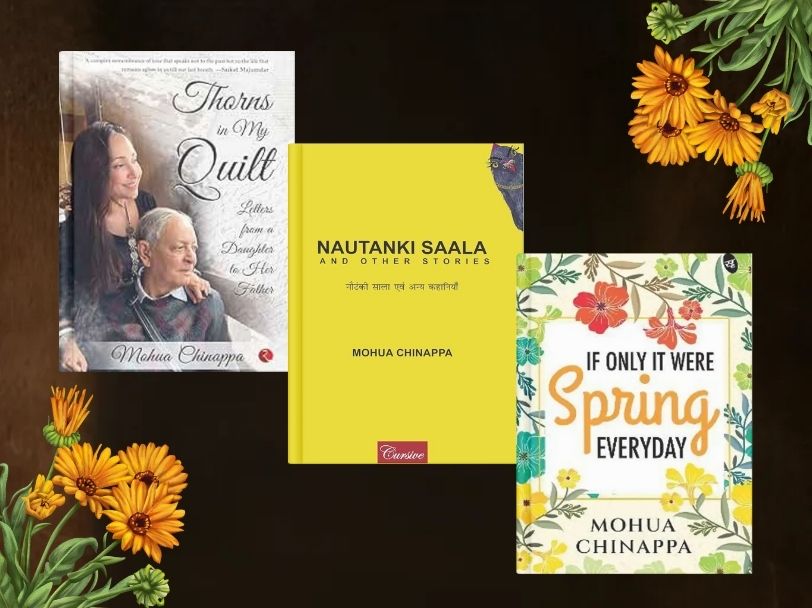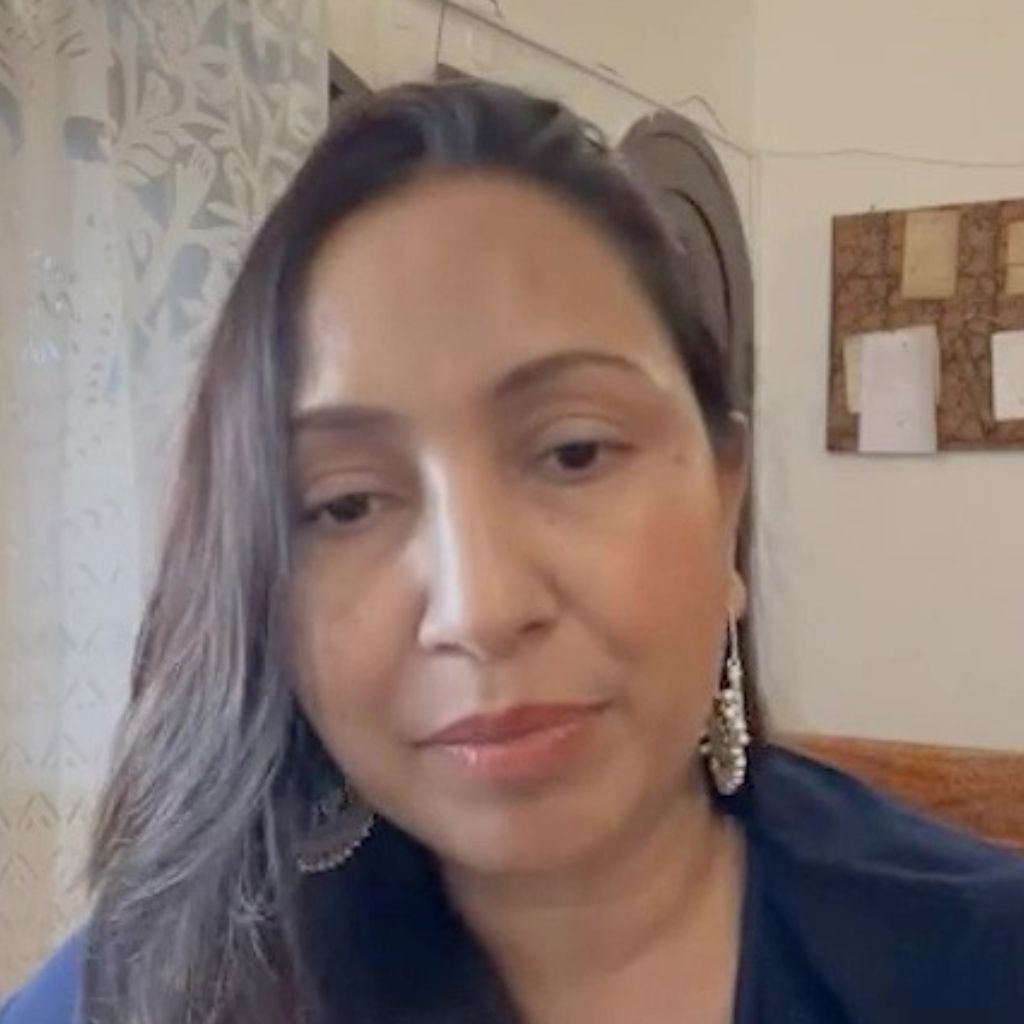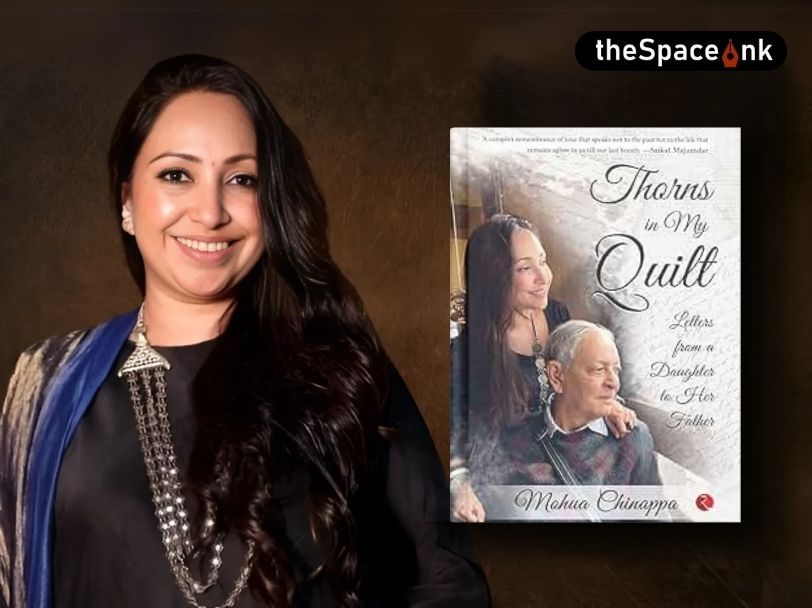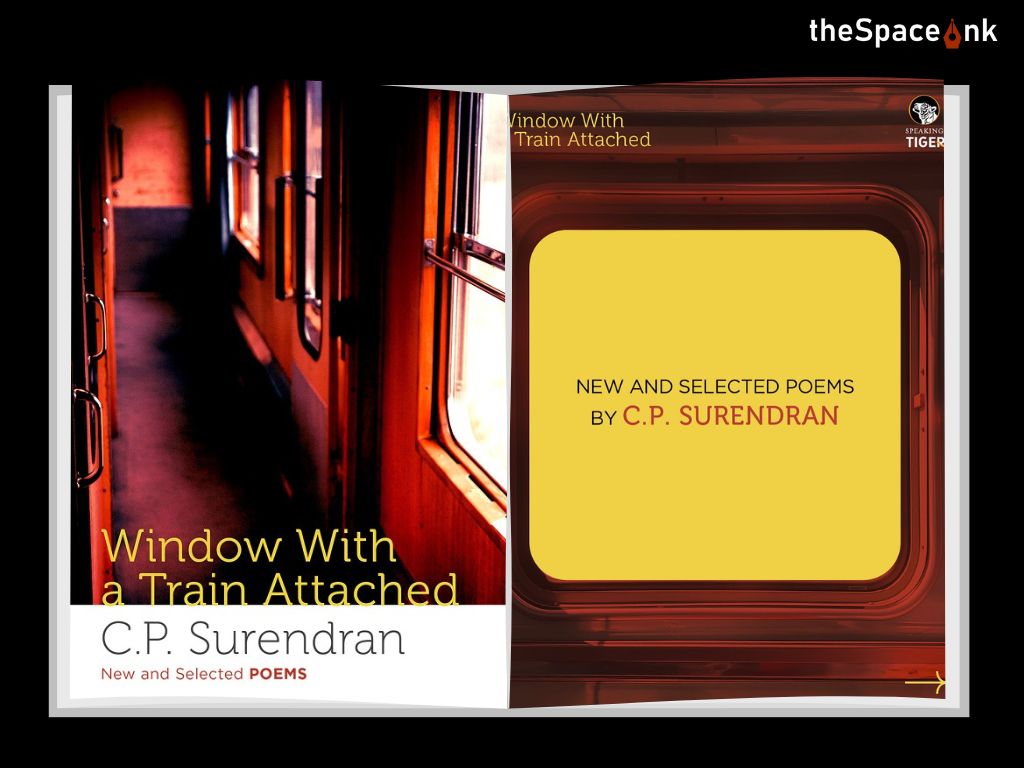Title: Thorns in My Quilt: Letters from A Daughter to her Father
Author: Mohua Chinappa
Language: English
Publisher: Rupa Publications India
Pages: 200 pages
ISBN-10: 9361564560
Format: Paperback
Price: Rs. 351
Mohua Chinappa’s hard-hitting first book, Nautanki Saala and Other Stories, received the PVLF Best Debut Non-Fiction (in English) Award in 2023.
Her new book, Thorns in My Quilt, was published late in 2024. It is presented in the form of a series of letters that Mohua writes to her deceased father, Bidhu Bhushan Bhattacharya. He is the quintessential Bengali gentleman — he loves books, travels, and is deeply immersed in the Bengali language and culture. His daughter genuinely admires him and longs for his approval. (Thorns in My Quilt)

In this cathartic book, Mohua’s searing honesty and her piercing reflection on social norms are striking. She bares the wide range of emotions that characterized their intense relationship. Her anger, disappointments, fleeting moments of joy, deep connection, regret, admiration, and pain are all exposed.
Her mother, Rekha — once creative, feisty, outgoing, and financially independent, though occasionally harsh and short-tempered — is now a shadow of herself, lurking in the background. It is her only son, Neel, to whom she and her parents were unswervingly devoted, who keeps Mohua sane in her time of loss and grief.
(Thorns in My Quilt)
She uses the elements – a butterfly, a storm, or a blue dolphin to explore moments of connection and hope – with elan.
Like her earlier work, this book has a lyrical quality. Mohua’s language sparkles with emotion and her use of imagery is exquisite.
“How does one process grief? Do we ever process it? Or does grief lie around like crystals found on the riverbed, embedded in moss and the gurgling water? Over time the moss covers the grief and nothing can be seen. But the niggling pain remains and never leaves. Or does the moss get washed away in the river, and grief flow into eternity?”
She uses nature and the elements – a butterfly, a storm, or a blue dolphin to explore moments of connection and hope.

The letters reference society’s attitudes and views about women that are deeply destructive for both men and women. Mohua, a devoted housewife who felt compelled to leave her home when love died, was judged brutally by her father for making that difficult decision. She is cut off from his financial and emotional support.
Mohua expresses her rage and anxieties about being bereft of her father’s love. She recalls the times when her father held her “little hand” as they navigated undulating, rain-drenched roads, giving her the security she craved. Despite her father’s refusal to acknowledge her difficult journey to remake herself after leaving her marriage, Mohua never gives up on herself.
The letters reference society’s attitudes and views about women that are deeply destructive for men and women
She examines her own challenges to reflect on the condition of many women who are silenced and judged for refusing to remain in the shadows of the men in their families. The helplessness of her mother after her father’s death enrages Mohua.
She asks her father:
“Where did the beautiful woman, your wife, go? How can a widow feel so empty? So bereft, consumed by an all-encompassing sadness?”
Like in her questions to him, Mohua is asking broader questions about how society differentially treats widows and widowers.
Mohua explores her own demons and those of her father in an attempt to understand why he was distant, demanding, and often so critical of her. Forced to leave his beloved home in Bangladesh and recreate his life in Shillong, he and his family were displaced once again and made to begin anew in Delhi. (Thorns in My Quilt)
Also Read: The Sisterhood of White
Multiple displacements took a psychic toll on him and his family — as they do for so many displaced persons. Mohua recalls taunts and the shame of being Bengali. The story of displacement that so many Bengalis in Meghalaya and Assam experienced is one that Mohua deliberately excavates, so as never to forget the seismic quality of the loss of place — a loss often experienced multiple times. (Thorns in My Quilt)
Forced to leave his beloved home in Bangladesh to recreate his life in Shillong, he and his family were displaced once again and made to begin life anew in Delhi.
She pries open the many truths and emotions that family members withhold from one another, and the traumas that result from not being able to express love, disappointment, and the failure to live up to family expectations:
“Men of your generation and mine were not encouraged to express their emotions. So, they learned to internalize pain, sorrow, and deep grief.”
She wonders where men, without a woman in their lives, go to process their pain. She yearns for her father to speak through the silences of anger, resentment, and pent-up pain that enveloped him. Mohua determines to do the arduous work of coming to terms with all her feelings of loss, insecurity, and not belonging — to anyone or anywhere — and to speak and even cry out loudly to the world to be heard. (Thorns in My Quilt)

These brave letters, filled with bitter and hard truths about a father and his daughter, about a family, about a lost mother, are also about every father and daughter — and every family. They are exhilarating and uplifting because, through the process of breaking free, Mohua reinvents herself.
She reflects on seemingly small but important breakthroughs in that difficult journey — a meeting with someone, the launching of her first podcast, the writing of her book, her recognition. Today, Mohua is an author, a columnist, a renowned podcaster, and a TEDx speaker. She soldiered on despite her father’s harsh criticism and disdain, and the social disapproval that so many women face:
“But I knew I disappointed you all as I fluttered my wings to fly over the horizon. I wanted to find new places among the clouds, among stars and the bright sun. I had shaken off the chains of restraint to find myself anew.”
But I knew I disappointed you all as I fluttered my wings to fly over the horizon.. I wanted to find new places among the clouds, among starts and the bright sun.
The epistolary format she adopts has been widely used across literary traditions. Love Letters Between a Nobleman and His Sister, attributed to Aphra Behn, was published in 1684.
Perhaps interspersing the letters with emails or even text messages would have introduced rhythm to the book and given it a more contemporary feel. Hearing directly from the father — through phrases he may have used or descriptions of him by others, such as family members or relatives — would have enabled the reader to hear more directly from him and see him from a few other perspectives.
Image Courtsey: , Amazon, Linkedin, The Mohua show, Workomb
Jael Silliman, born in Kolkata, was educated at Wellesley College, Mass., Harvard University, University of Texas, Austin. She received her doctoral degree in international education at Columbia University. She has written extensively on gender and economic development, and women’s movements in the developing world. 'The Teak Almirah', 'Where Gods Reside: Sacred Places of Kolkata', 'Jewish Portraits, Indian Frames: Women's Narratives from a Diaspora of Hope' are some of her published works.








